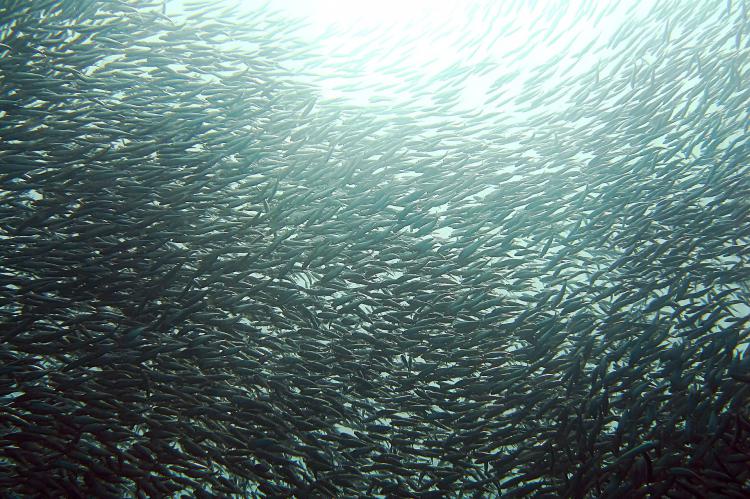Species richness shift towards the poles
Smaller ocean fish takes over as overfishing removes all their predators.
Despite the flourish small fish populations, scientists are concerned. “This should be a warning bell for the rest of the world. We are still fishing way too much,” said Professor Villy Christensen, lead author of a newly published research paper.
According to a new study from the University of British Columbia, the worst-case scenario—in which ocean temperatures rise by as much as 3 degrees Celsius by 2100—showed fish could move as far as 16 miles per decade away from the equator.
During nearly a century of industrialized fishing, the total biomass of predatory fish species has fallen by more than two-thirds, according to another UBC study. Top-level species that people like to eat, such as tuna, swordfish, grouper, and shark, have been hit the hardest. Changes in the ocean’s fish population are not only having an impact on individual species but is upsetting the balance of nature by disrupting the entire functioning of its ecosystem
The change also raises the risk of algae blooms, which can choke the oceans. This is because the species such as sardines and herring feed on the animal plankton that normally eats the plant plankton, which then grows so much it gets out of control. Examples of the “green soup” which these vast blooms of algae create can be found around the world, for example in the Black Sea, Professor Christensen said.
This should be a warning bell for the rest of the world. We are still fishing way too much


